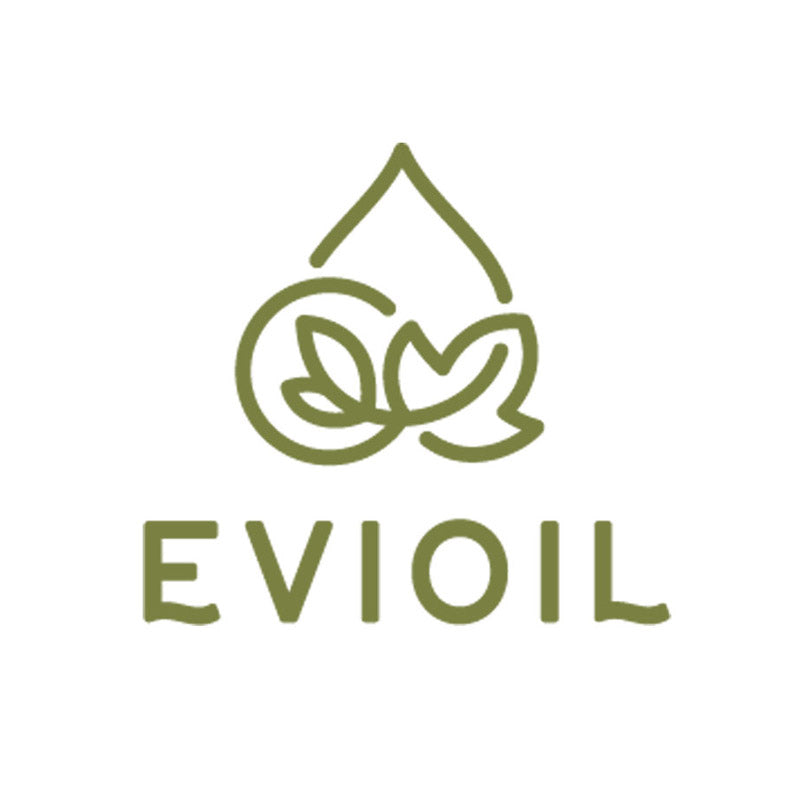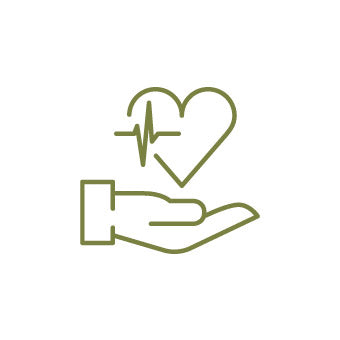Cholesterol is a fat-like substance found in the bloodstream and in all cells of our body. It passes into the blood from two sources:
- cholesterol in the body is produced by the liver,
- cholesterol is introduced into the body with the food we eat.
Cholesterol is absolutely necessary for the proper functioning of the organs. The body needs it to build cells and to produce hormones, vitamin D and substances that help digest food.
Cholesterol is transported along with other substances (triglycerides, apoproteins and phospholipids) in the blood in the form of lipoproteins. Depending on the density of lipoproteins, there are two types of cholesterol:
- LDL (low density lipoproteins) - low density lipoproteins that contain protein and a lot of cholesterol. This type of cholesterol can start to build up on the inner walls of the arteries, reducing their flow. A high concentration of LDL increases the risk of atherosclerosis.
- HDL (high density lipoproteins) - high density lipoproteins in which the protein part (apoproteins) dominates. This type of cholesterol removes harmful cholesterol from the arteries and transports it back to the liver, from where it is excreted from the body with bile. HDL reduces the risk of atherosclerosis.
What is atherosclerosis? Cholesterol circulates in the blood. By increasing the amount of LDL cholesterol in the blood, it can begin to be deposited on the walls of the arteries. This process is called atherosclerosis and it causes the arteries to narrow, weaken and become less flexible. Because the arteries are narrowed, this makes it difficult for blood and oxygen to flow through the veins to other organs. If a blood clot gets in one of these narrowed arteries, it can lead to cardiac arrest or stroke.
High LDL cholesterol is one of the main risk factors for chronic heart disease, heart attack and stroke. When combined with other risk factors such as high blood pressure, diabetes, stress or smoking, the risk increases.
That is why it is important to maintain optimal levels of both bad LDL and good HDL cholesterol. The unit for measuring fat concentration in the blood is millimoles per liter (mmol/l) and these are the recommended values:
- Total cholesterol must not exceed 5 mmol/l.
- The level of bad LDL cholesterol should be below 3 mmol/l.
- The level of good HDL cholesterol should be at least 1 mmol/l for men and 1.2 mmol/l for women
- The level of triglycerides should be less than 1.7 mmol/l
There is a wide range of cholesterol-lowering drugs and preparations on the market. However, you can also lower cholesterol naturally.
A healthy and balanced diet and physical activity are of key importance in cholesterol regulation.
The liver otherwise produces a sufficient amount of cholesterol that our body needs. However, cholesterol is also ingested with food. We know several types of fat and different types of fat have very different effects on health. Therefore, in addition to how much fat we consume, we must also pay attention to what kind of fat we consume.
, they are also abundant in some plant foods, such as palm, coconut and cocoa butter. That is why it is important to check the fat content of products and prefer products that contain more unsaturated fatty acids.
Unsaturated fatty acids are divided into monounsaturated and polyunsaturated (these are omega-3 and omega-6 fatty acids). Among the polyunsaturated fatty acids, essential fatty acids are very important, which include e.g. linoleic acid.They have an excellent property - due to their composition, they lower bad LDL cholesterol and thus reduce the risk of cardiovascular disease
Since the body cannot produce essential fatty acids on its own, we must consume them with food. Omega-3 fatty acids are mainly rich in marine fish, while omega-6 fatty acids are mainly rich in vegetable oils (sunflower, corn, soybean, walnut, pumpkin, hemp, cotton and grape seed oil). Omega-3 and omega-6 fatty acids should represent 7-10% of energy intake daily in the diet.
So how can you lower cholesterol naturally?
- The diet should be dominated by fruits, vegetables, legumes and vegetable oils
- For animal proteins, go for lean meat, eggs, milk and dairy products
- Replace any meat meal with proteins of plant origin, such as legumes, grains, rice and corn.
- Eat unrefined pasta and flour.
- Be careful about what fats you eat. The food declaration always states how much saturated fat each grain contains. Choose foods that are low in saturated fat and high in unsaturated fat. Saturated fatty acids should represent 1/3 of the total, while unsaturated should represent 2/3 of the daily fat intake.
- Exercise regularly and take care of stress relief
Sometimes it's hard to change habits, but it's true: where there's a will, there's a way!
.
